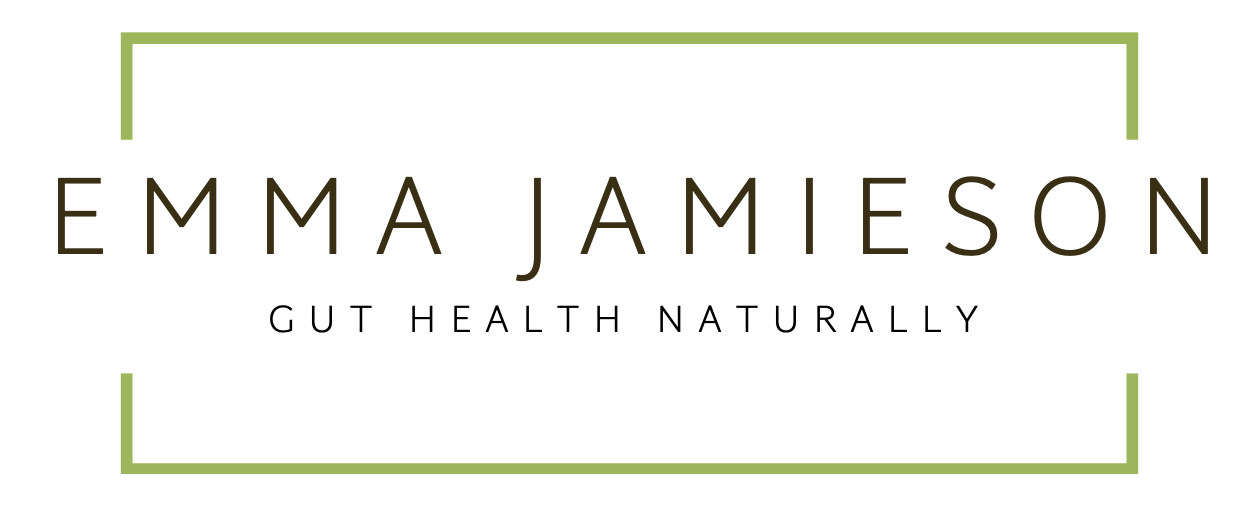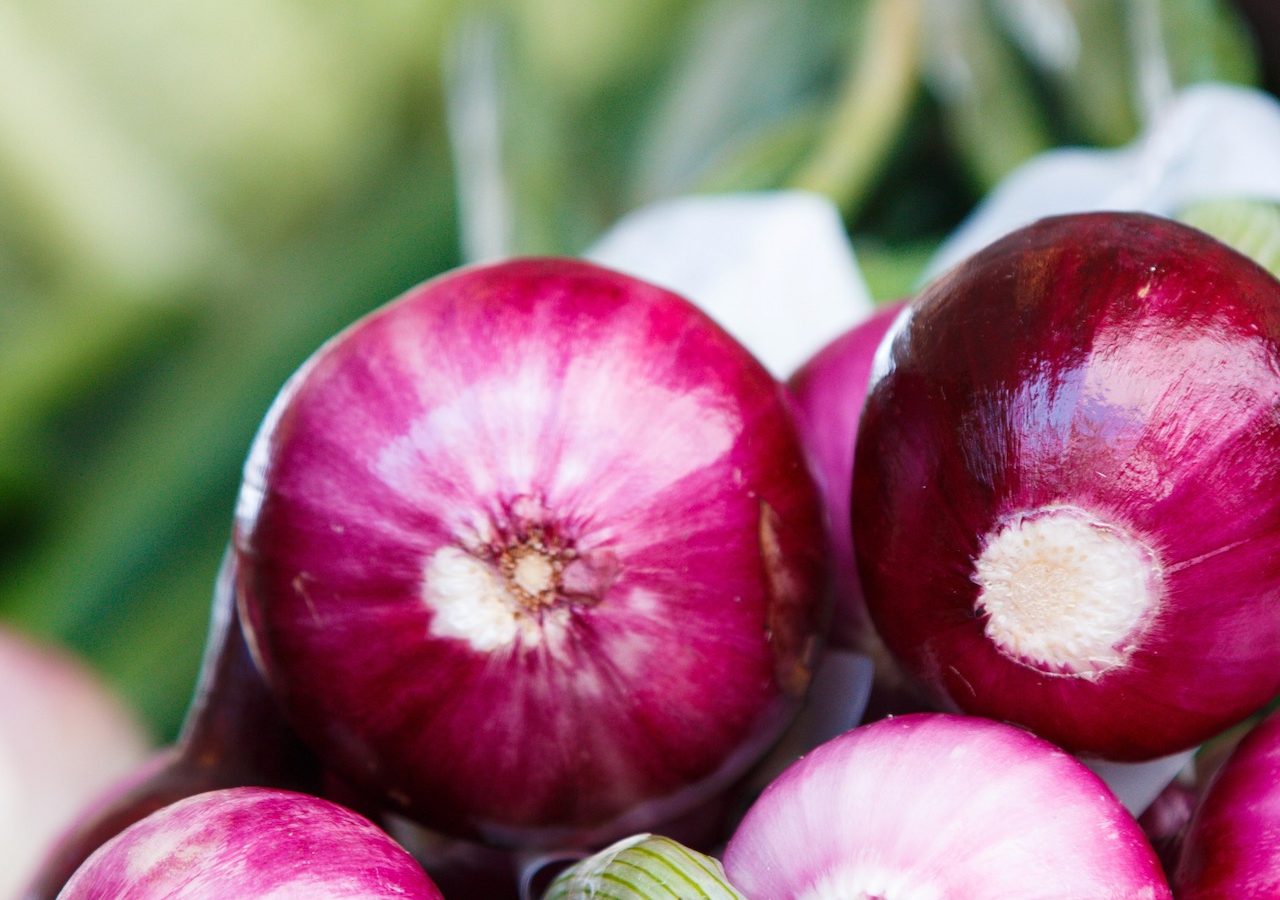How often do you think about supporting, or even boosting, your gut bacteria? Do you think about them at all? No? Well maybe you should! Did you know:
– you have approximately ten times more gut bacteria then cells in your body
– in total they weigh about 2kg
– your gut bacteria can influence your immune system
– as well as affecting your mood
– they help you break down and absorb nutrients from the foods you eat
Are your gut bacteria thriving or struggling?
So how can you tell how your bacteria are doing? The quickest and easiest way is to take a stool test, which will give you a snapshot of your gut bacteria right now. It will show the different strains present (both beneficial – or ‘good’ – and dysbiotic – or ‘bad’) and the abundance of each.
The other way to get a rough idea of how they might be doing is to analyse your diet and the state of your digestive health. Do you eat a wide variety of plant foods? Are vegetables, lentils, wholegrains and fruit part of your daily diet? Or are you more pastries, meat and dairy? Do you have regular bowel movements and a pain-free gut? Or do you suffer from pain, bloating and diarrhoea/constipation?
There are three ‘biotics’ that each play a vital role in determining the overall health of your gut. Two exert a positive influence, the third less so. Read on to find out more…
Prebiotics – food for our gut
The first in the ‘biotic’ range are prebiotics; indigestible fibre within foods that passes through the digestive tract intact and is a source of food for our beneficial gut bacteria. This includes foods such as onions, garlic, chicory, green bananas and Jerusalem artichokes. Additionally, resistant starch – found in cooked and cooled potatoes and rice – is also classed as a prebiotic, good news for any potato salad lovers!
However, while introducing prebiotics can really help support digestive health in anyone without noticeable gut issues, I must give a word of warning if you have IBS or suffer from bloating. The very nature of pre-biotics means that they will reach the large intestine intact where they are then fermented by beneficial bacteria. As a result, anyone with ongoing digestive issues may find that symptoms are exacerbated by introducing prebiotics to their diet, rather than improved. Take it very slowly, introducing small amounts to begin with, and building up over time if you feel able to. It may be that you need to work on improving your overall gut health before adding prebiotics to your diet.
Probiotics – live bacteria to boost your population
The word ‘probiotic’ literally means ‘for life’, and refers to live bacterias and yeasts that can help support your digestive system.
There are different ways to take probiotics, either as a supplement or through the food you eat. Supplements can be incredibly helpful, especially for targeting specific health issues or in cases of severe dysbiosis (an imbalance of beneficial and pathogenic bacteria). However, my preference is for a regular dose of probiotics in the food I eat. This could be through a serving of live yogurt each day, or the addition of fermented foods – sauerkraut, water kefir, kombucha etc. Just a couple of spoonfuls with a meal or a small glass every day can be enough to make a difference.
Antibiotics – important but indiscriminate
So, if ‘probiotic’ means ‘for life’, then the opposite is… yep, antibiotics. I’m not for a second suggesting that antibiotics shouldn’t be taken when needed (although they do bring the inevitable discussion about overuse), however what they can’t do – and herein lies the problem for your digestion – is tell the good from the bad, or the pathogenic bacteria from the beneficial bacteria. And so they wipe out the lot. Every time you take them.
The good news is that there are certain things you can do to minimise the effects. Some probiotics are designed to be taken alongside antibiotics, others are yeast-based so are unaffected by them, or you can focus on repopulating your gut microbiome afterwards with more probiotics, fermented foods and a diverse range of plant foods.
So there you go, the three ‘biotics’ and the roles they play in influencing the health of your digestive tract. If you would like to know more, or if you have recently taken a course of antibiotics and are now noticing some gut symptoms, then get in touch and let’s talk.


 Why not eating could be good for you
Why not eating could be good for you